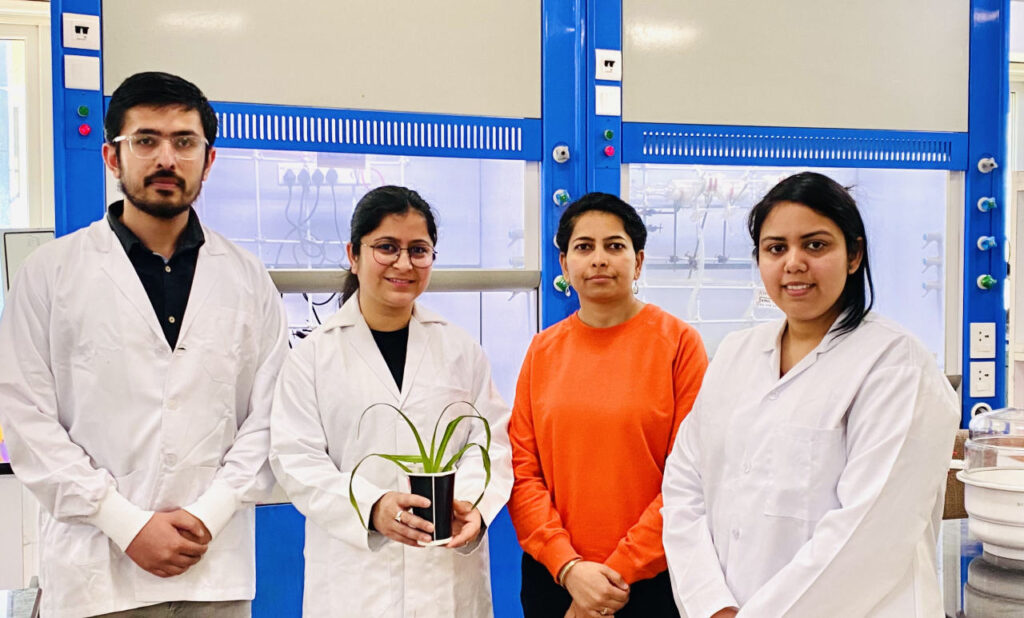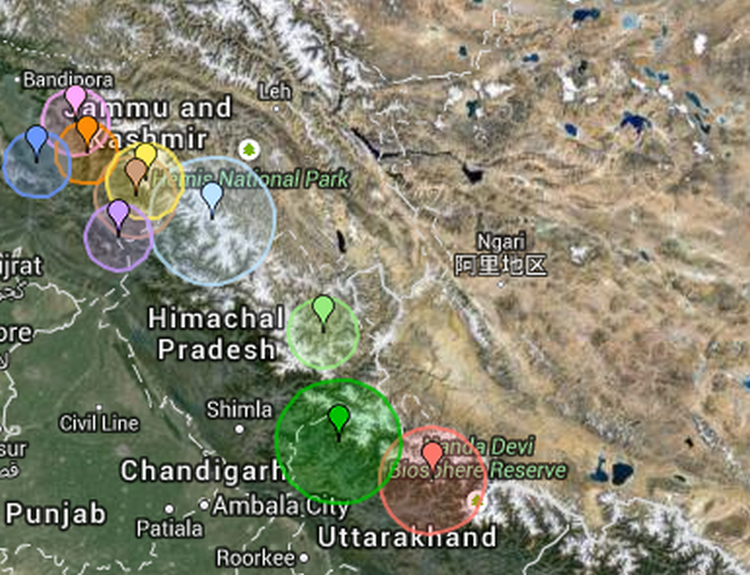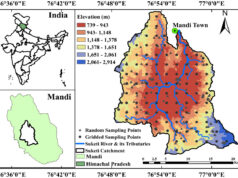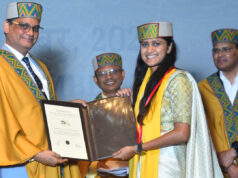Researchers at the Indian Institute of Technology Mandi have unveiled a promising solution for sustainable agriculture. Their breakthrough involves the development of natural polymer-based microgels designed to slowly release nitrogen and phosphorus fertilizers, offering a significant advancement in crop nutrition while minimizing environmental impact.
The world’s growing population, expected to reach 10 billion by 2050, underscores the urgency of improving agricultural practices. Fertilizers are essential for boosting crop yields, but traditional options often suffer from low absorption rates, leading to waste and environmental damage.
Led by Dr. Garima Agrawal and her team from the School of Chemical Sciences, IIT Mandi, this research aims to address these challenges. Their microgels, detailed in the journal ACS Applied Materials & Interfaces, provide a sustainable alternative to conventional fertilizers.
Made from natural polymers, the microgels offer a slow release of urea and phosphorus, serving as a cost-effective and environmentally friendly option for farmers. Initial trials with maize plants have shown promising results, with improved seed germination and overall plant growth compared to standard urea fertilizer.
With support from the Science and Engineering Research Board and the Department of Science & Technology, Government of India, this research represents a significant step towards greener agriculture. By optimizing nutrient supply and reducing environmental risks, IIT Mandi’s microgels offer hope for a more sustainable future in farming.















